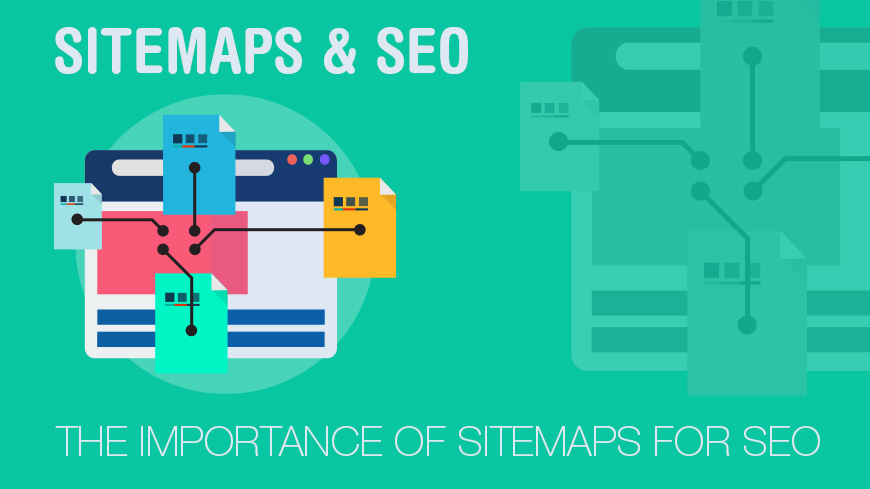Search Engine Optimization
10 Steps to Recover from a Hacked Website Posted 10.20.2016

The unthinkable has happened. Your web site has been hacked. What do you do? Where do you start? Do not worry. All's not lost, and you will be able to bounce back. Every day, hundreds of sites face the same predicament, and many are able to get back to their original glory. All you need to do is follow the below steps, and all will be alright in the end.
Read more12 Page Speed Best Practices to Follow for SEO Posted 06.12.2019
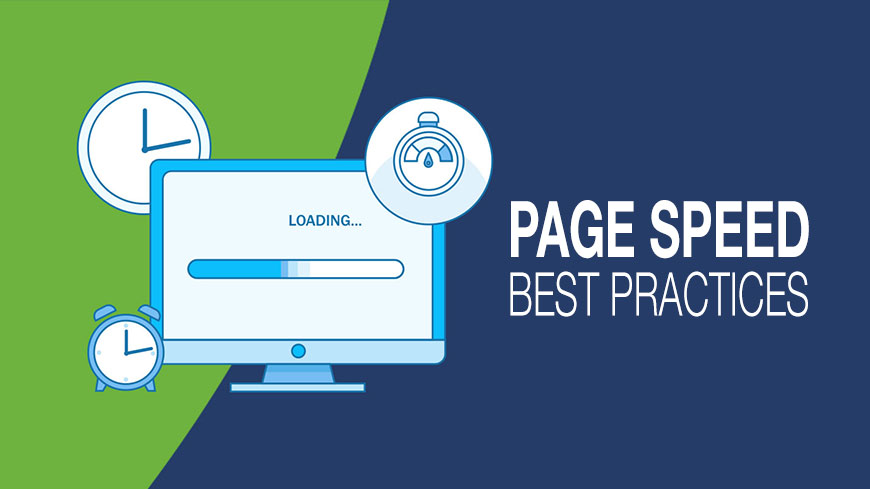
The speed at which content on your page loads is what is referred to as its page speed. Needless to say, the faster content loads, the better. It is important to have fast page speeds for two main reasons. The first is that it directly affects your SEO rankings. This is because a slow page speed will slow down the bots crawling around your site.
You need these bots because that is how you get a better SEO ranking. They only have so much time to spend on each page so if your page is slow, they will miss out on other content and thus your SEO ranking will not be as high as it could or should be. The other main reason you want a high page speed is that people have increasingly short attention spans. With the advancements in technology, things are becoming more and more instant.
Read more13 Avoidable Content Mistakes That Can Harm Your SEO Posted 10.31.2016
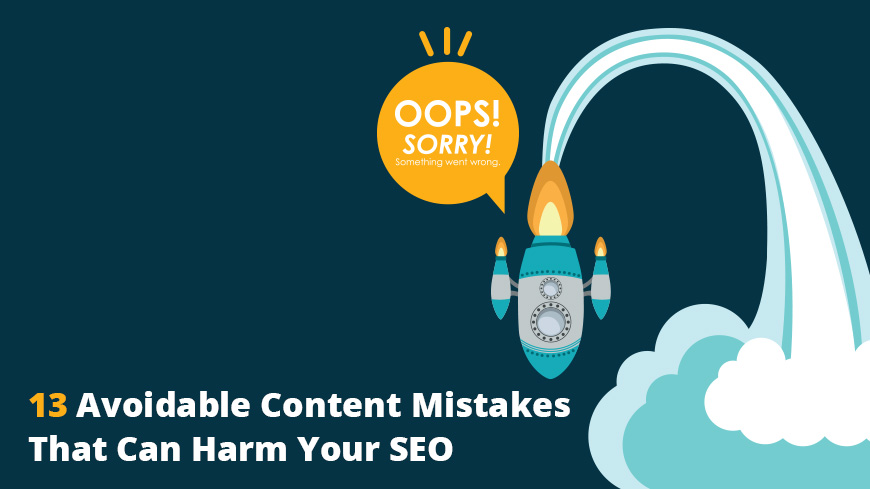
Search engine optimization is a great way to drive traffic to your website for very little financial cost. As a whole, great SEO will work while you are sleeping, but often times what might seem like a good idea to a novice is actually a huge mistake that might actually be violating Google's Webmaster Guidelines. Take a look at these completely avoidable mistakes so that you can make the best decisions possible regarding your content and it's success.
Read more160 Essential SEO Terms You Should Know Posted 11.04.2016
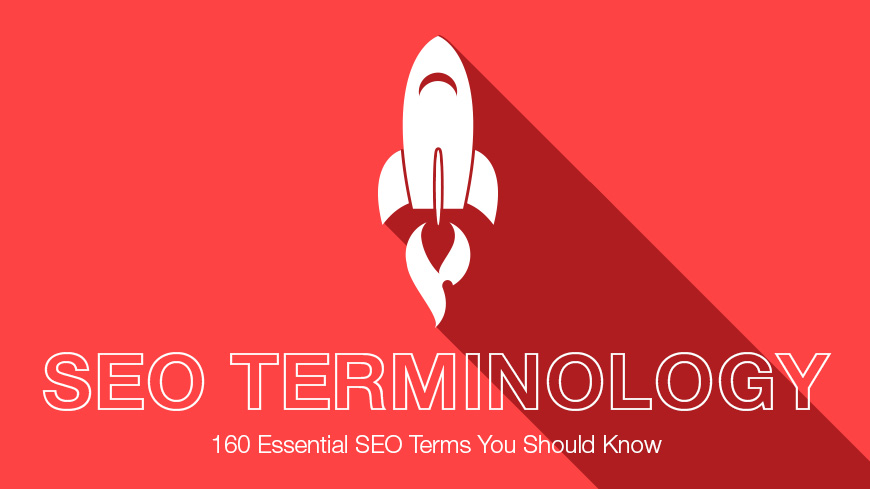
When it comes to Search Engine Optimization (SEO) terminology, it can sometimes feel like you are reading a foreign language. If you are not a tech person, some of the words can seem odd and completely foreign to you, but once you learn the tricks of the trade, you will be speaking the lingo in no time.
Read more25 Ways to Build Backlinks to Your Website for Free Posted 07.21.2017
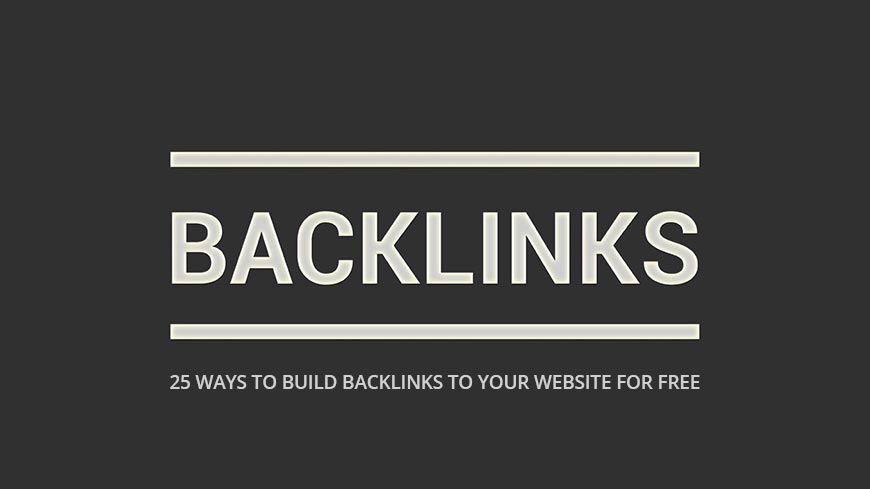
With enough website builders and content management systems (CMS) available to fill a book, and almost as many web hosting companies, developing an online platform has never been easier. But therein lies the problem many new bloggers and businesses now face.
There are more than 7.5 billion people alive at any given moment, and more than half of them are online. This means that, excluding those who don’t have access to the internet (and those too young or too old to use it), almost everyone has some online presence. For many, this may be limited to social media accounts and a smattering of subscriptions, but there are still billions of business websites and personal blogs.
So no matter the nature of your online platform, you need to be smart and resourceful if you want your site to be visible. The days of simply posting online and adding a few keywords are very much long gone. The world of search engine optimization has evolved to a point where even most novices know that there are hundreds of factors that contribute to your ranking.
Some of these factors—especially keywords—are very well known. The problem is, with the rise of voice search, keywords are no longer the dominant SEO tool. Many SEO experts have stepped forward and stated that keywords are somewhat outdated. And while they’re not likely to ever fall away altogether, relying purely on keywords is suicidal. That’s where backlinks come in.
Read more30 Awesome Keyword Ranking Tools for SEO Posted 06.05.2017
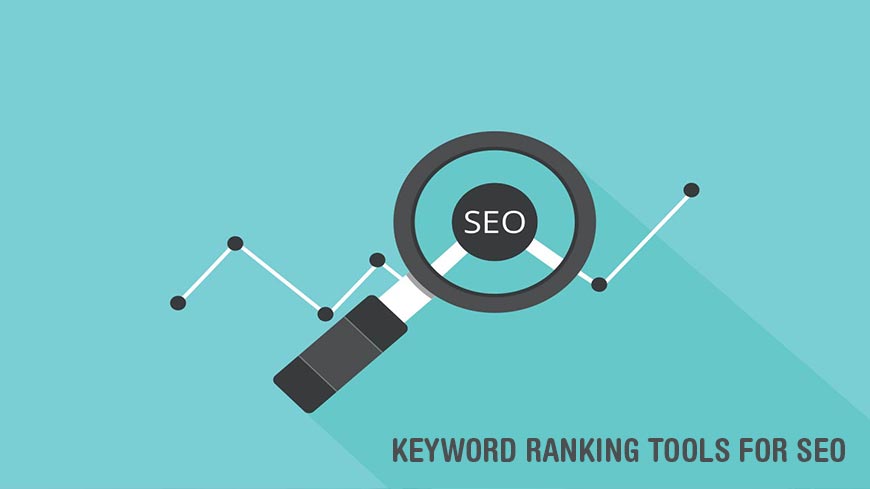
Anyone with a basic understanding of search engine optimization knows that keywords are a fundamental part of SEO. When people use search engines—such as Google or Bing—they use words or phrases, and these keywords can form a link between well-optimized sites and the user. A sound keyword strategy will increase your chances of being featured on the search engine’s results page, and it is important to know how well your strategy and website are performing using keyword tracking tools.
Read more35 Amazing Web Analytics Tools that Rival Google Analytics Posted 08.24.2017
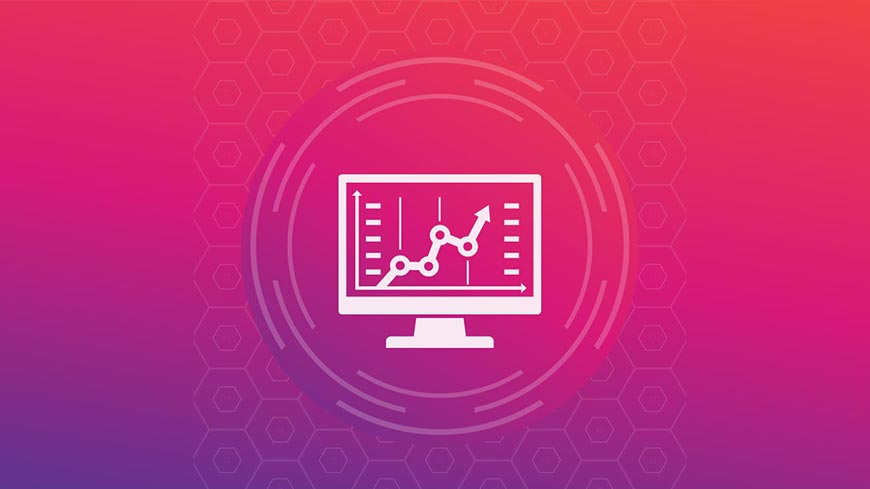
Search engine optimization (SEO) is a multifaceted industry with dozens of techniques designed and developed to push your blog or website to the fore—or at least toward it. But how do you know whether your efforts are paying off? Sure, you’ll probably find that you get more subscribers to your blog, or be getting more purchases from new clients on your ecommerce site, but that’s not a very accurate means of measuring your SEO success. So how do you know just how visible your site is? Well, that’s where web analytics tools come in.
Read more4 Easy Ways to Search a Website for a Specific Word Posted 04.03.2024

As a web manager, efficiently locating specific information on a website is crucial to your success. Whether you’re conducting a content audit, optimizing user experience, or ensuring all necessary content is present, mastering the ability to search a website for a specific word can save you time and effort. This guide breaks down the most effective methods and tools to help you streamline this process and achieve your objectives with precision.
Read more43 Amazing Websites to Learn SEO Online Posted 05.17.2017
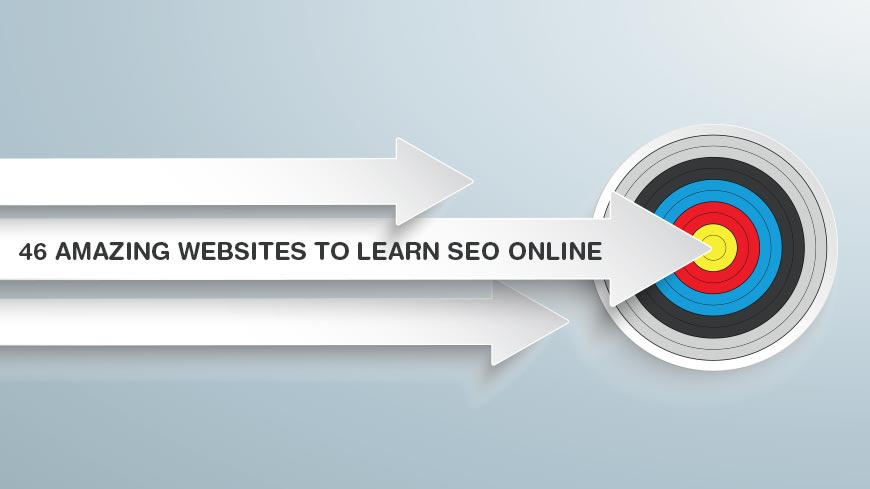
SEO or (Search Engine Optimization) is the method used to increase a website's search results, and when applied properly, can result in a major increase in website traffic. What Search Engine Optimization essentially does is utilize the algorithm of a search engine, such as Google or Bing, to bring in “high quality” traffic to your website. A search engine is a website with an algorithm that uses keywords and phrases we type to identify the websites that most closely match what we are looking for. In learning how to optimize these engines, you are going to have to take into account several different aspects. The main components are; words, page titles, website links, and website reputation. By taking the time to research and implement these elements in your website you will be well on your way to having high-quality traffic sooner than expected. Did you know that more than 90 percent of people use search engines to find what they are looking for on the internet? Or how about that more than 80 percent of those who use search engines go no further than the first page to find what they are looking for? The ultimate goal is to help you make your way, not only onto the first page of Google but also give you a list of reputable websites and tools you can utilize to learn SEO the right way.
Read more60 Innovative Website Crawlers for Content Monitoring Posted 07.06.2017
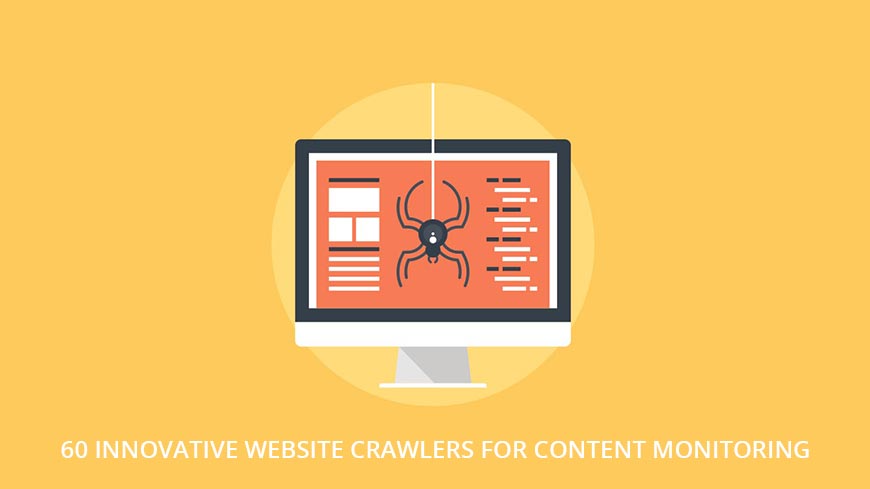
In the digital age, almost everyone has an online presence. Most people will look online before stepping foot in a store because everything is available online—even if it’s just information on where to get the best products. We even look up cinema times online!
As such, staying ahead of the competition regarding visibility is no longer merely a matter of having a good marketing strategy. Newspaper and magazine articles, television and radio advertising, and even billboards (for those who can afford them) are no longer enough, even though they’re still arguably necessary.
Now, you also have to ensure that your site is better than your competitors’, from layout to content, and beyond. If you don’t, you’ll slip away into obscurity, like a well-kept secret among the locals—which doesn’t bode well for any business.
This notion is where search engine optimization (SEO) comes in. There is a host of SEO tools and tricks available to help put you ahead and increase your search engine page ranking—your online visibility. These range from your use of keywords, backlinks, and imagery, to your layout and categorization (usability and customer experience). One of these tools is the website crawler.
Read moreAll About Canonicals Posted 10.18.2016

A canonical link is the HTML element that will aid webmasters in preventing duplicated content mishaps, by specifying the preferred (canonical) version of a web page's link, as part of that web page's search engine optimization. It is a proven problem for search engines when trying to figure out the original source for a document that is available through multiple URLs.
Content duplication can transpire in a number of ways:
- Print versions of websites
- Accessibility on varying hosts or protocols
- Multiple URLs due to content management systems
- GET parameters
All About the Robots.txt File Posted 06.05.2019
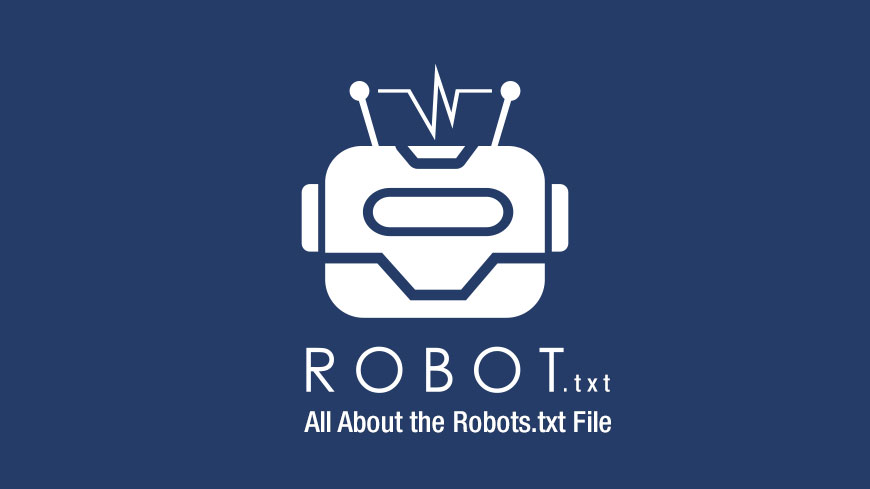
Those who create websites use things called robots.txt files to tell web robots such as search engine robots how to crawl particular pages on theirwebsites. REP, is a set of rules that dictate how robots may or may not crawl the web and deal with content they come across. The robots.txt file is part of this and indicates whether certain web crawlers can or cannot crawl the various parts of a website by allowing (or not) behaviors of certain user agents.
It’s important to learn about robots.txt because it can really help or really hurt your website. Read on to get a good concept of what needs to be done to make the most of your website.
Read moreAre Keywords Still Important for SEO? Posted 02.13.2017

Are Keywords Still Relevant for SEO?
A major discussion point regarding SEO recently has been that if topics or keywords are more important. This discussion comes from the fact that Google is learning how to understand the natural language. Google is so good at doing this now that it can actually identify similar terms for search queries, which makes it less important to worry about small changes in the way that you word your content when you are targeting a specific keyword phrase. Some people argue that it is more important to think about the concepts that Google interprets regardless of the actual words that are being used. While this may be somewhat true, keywords are still a very important concept of SEO.
Read moreBest URL Structure for SEO Posted 11.11.2016
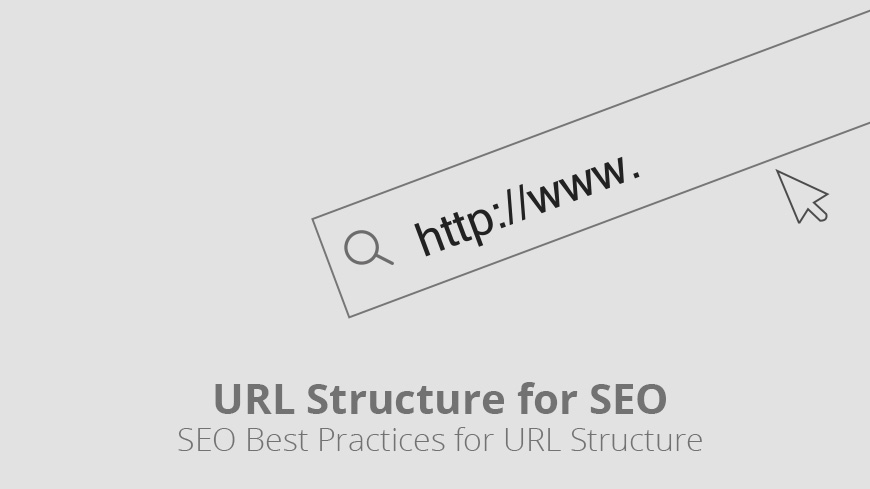
Having a great URL structure for SEO might seem straightforward, but it is often times overlooked. URLs are really the building blocks of your website and can make or break your traffic. While it is important to mindfully create these URLs, these tips are not critical to every single page that is created. Your website will not perish if every single suggestion is not followed, but it's more about doing these things where you can so that you are contributing to the success of your website. Keep in mind that these URLs are being read by humans and search engines alike, and it is not very difficult to structure them in a way that will please both.
Read moreCMS Plugins for Google AMP (Accelerated Mobile Pages) Posted 02.16.2017
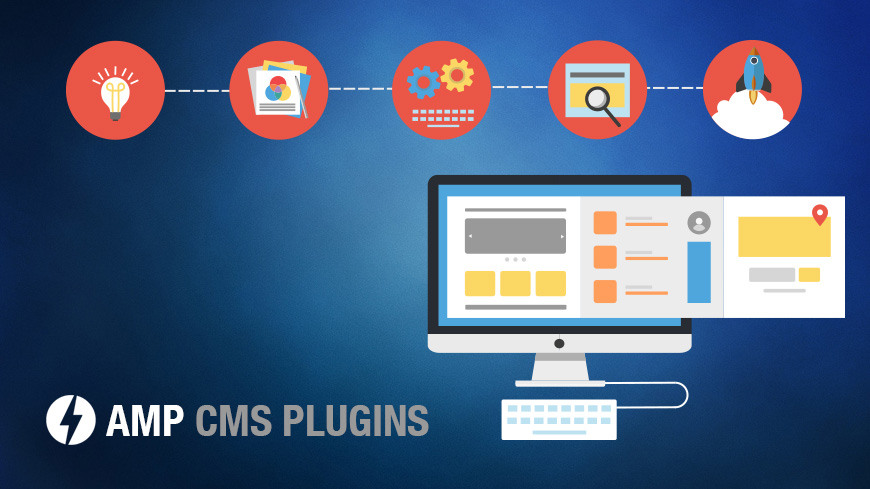
What is AMP?
AMP, short for accelerated mobile pages, is a new way to build web pages that will allow static content to render faster on a mobile device. There are three different parts of AMP in action.
AMP HTML is like regular HTML, but with some restrictions that enable a reliable performance, and it incorporates extensions that help to build content that is richer than basic HTML. AMP JS library makes sure that AMP HTML pages will render quickly. The Google AMP cache may be used to serve saved AMP HTML pages.
It can be said that AMP HTML is simply extended HTML with properties that are customized for AMP. Most of the tags in an AMP HTML page will be regular HTML tags, while some will be replaced with tags that are specific to the AMP design. These custom elements are called ANP HTML components, and allow common patterns to be easily implemented.
Read moreControlling Crawling and Indexing by Search Engines Posted 10.26.2016
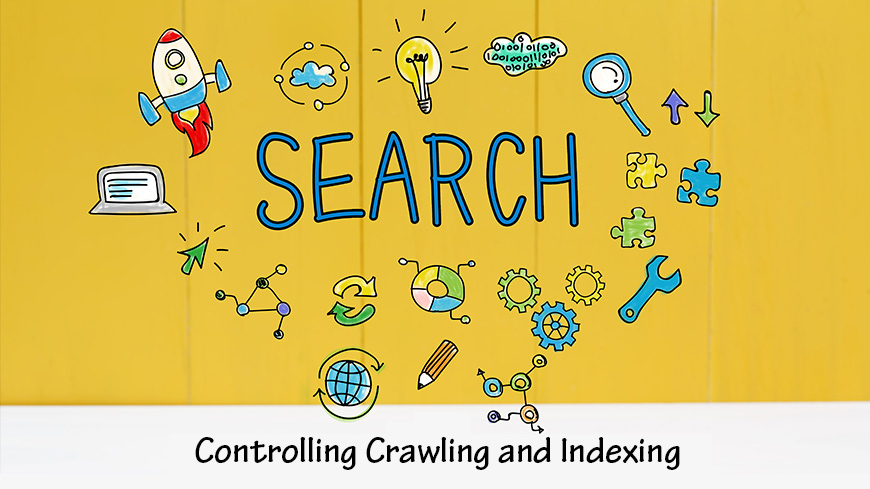
Automated web crawlers are an important tool that will help to crawl and index content on the internet. Webmasters use this to their advantage as it allows them to curate their content in a way that is beneficial to their brand, and will keep the crawlers away from the irrelevant content. Here, you will find standard ways to control the crawling and indexing of your website's content. The methods described are (for the most part) supported by all of the major search engines and web crawlers. Most websites will not have default settings for restricting crawling, indexing, and serving links in search results, so to start off you will not have to really do anything with your content. If you would like all of your pages contained in a website to be indexed, you will not have to modify anything. There is no need to make a robots.txt file if you are okay with all URLs contained in the site being crawled and indexed by search engines.
Read moreCrawl Budgets. How to Stay in Google's Good Graces Posted 06.09.2017

There have been a number of different definitions floating around for the term “crawl budget”, but there is not one single term that can describe everything that a crawl budget stands for on the outside. Here, we will try to clarify what it means, and how it relates to Googlebot.
Read moreCrawl Errors, Everything That You Need to Know Posted 09.15.2016
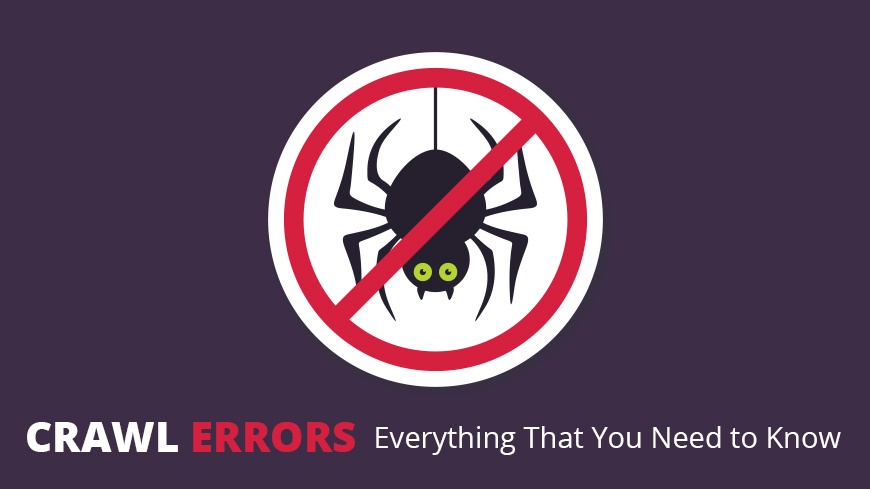
When you encounter crawl errors, your website can be hindered from appearing in a search results page, even when your target audience has performed the ideal search query. The crawl error report comes about and gives details of the website's URLs that Google is not able to successfully crawl, or those that returned with an HTTP error code. There are two main sections to the error report, site errors and URL errors.
Read moreDo Sitemaps Help SEO? The Importance of Sitemaps for SEO Posted 02.09.2017
Sitemaps are a necessity for SEO
A sitemap is defined as a simple directory or guide that holds information along with other details on web pages that are contained on a website, in addition to the content on these pages. Search engines will do their job in crawling a sitemap to find and identify all information that is applicable to a specific search query that has been performed. The pages within the directory are listed in a logical hierarchical order, where the most relevant pages will be listed at the top, and the least relevant pages will be placed closer to the bottom.
Read moreDuplicate Content Issues Hurting Your SEO Posted 04.18.2018
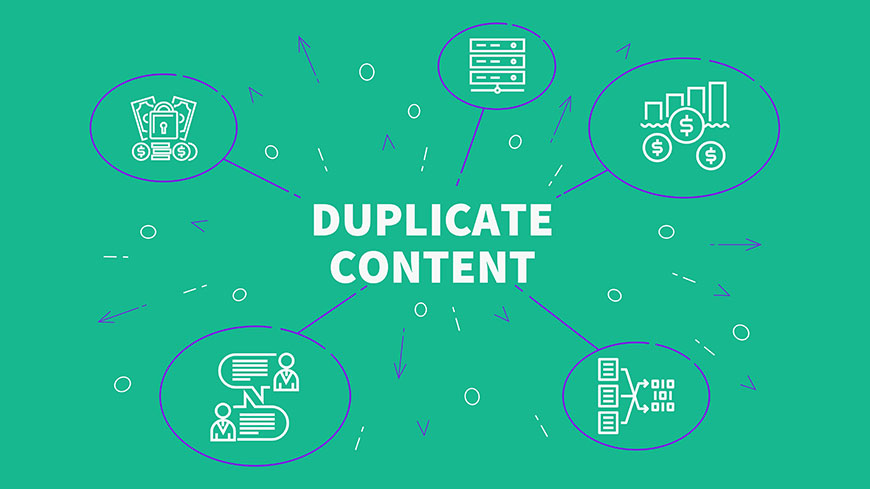
You have probably heard that you shouldn’t have duplicate content, but have you ever wondered why? Chances are you have heard that it is bad for SEO, but you haven’t really been given a thorough explanation as to why. It is hard to adjust your content to meet certain needs if you don’t even understand what duplicate content is, let alone how it is negatively affecting your SEO. By understanding the effects duplicate content can have on your SEO, you can make necessary adjustments to improve your material.
Read moreCreate Visual Sitemaps
Create, edit, customize, and share visual sitemaps integrated with Google Analytics for easy discovery, planning, and collaboration.
Popular Tags
Search Engine Optimization SEO Accessibility Testing Create Sitemaps Sitemaps UX User Experience Sitemap Generator Content Audit Visual Sitemap GeneratorGet Started with DYNO Mapper
Join thousands of professionals using the most advanced visual sitemap tool to simplify discovery, IA, and content planning.
👉 Start Your Free Trial — No credit card required.
